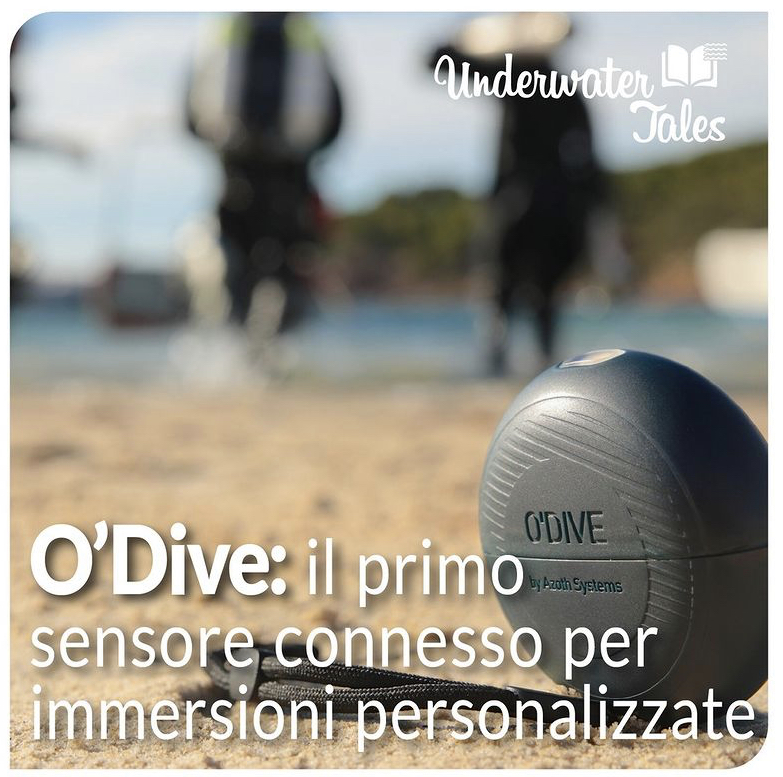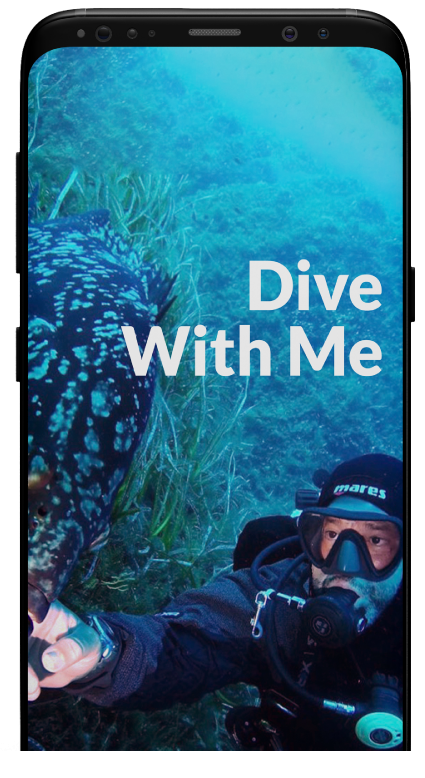The importance of the diver’s heart and the inherent risks of the underwater environment oblige us to be aware of our cardiovascular health.
The heart
Our heart is a sophisticated electric pump. That never stops circulating blood in our body. It is as if we have a contract to provide a service that works 24 hours a day, seven days a week. The heart, therefore, works very hard. On average, during our lifetime, it will pump more than 180 million liters. To do this, it will beat about three billion times.
The diver’s heart faces a greater burden. Because the water pressure moves part of the blood towards the chest cavity, creating more work for the heart muscle. The more hours we spend underwater, the more additional work we provide to our heart. Additional factors, such as cold and stress, can impact blood circulation.
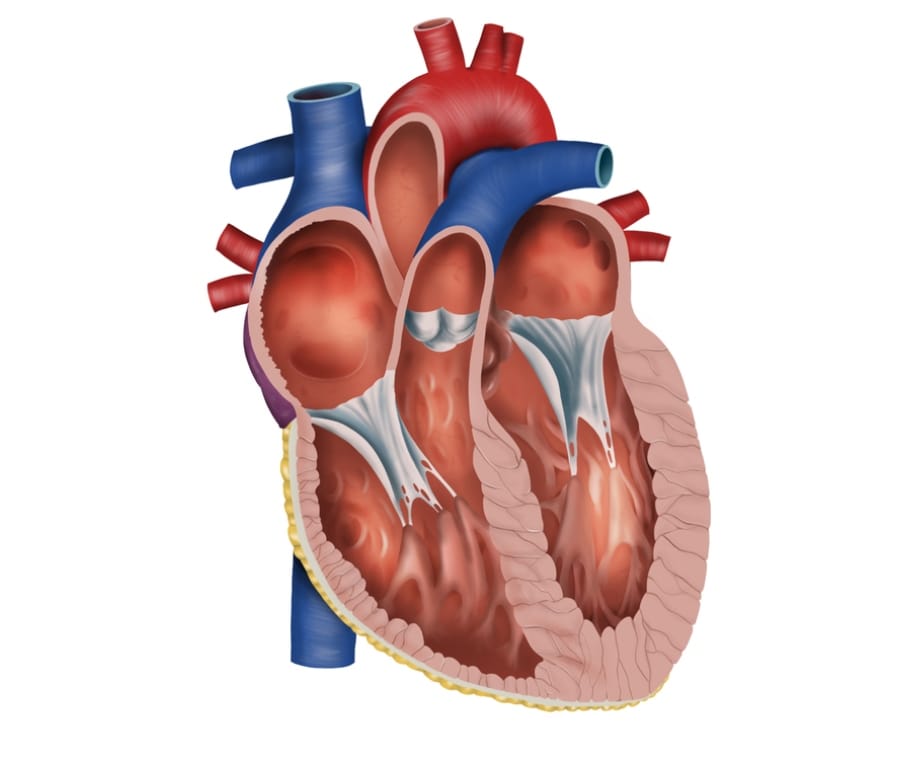
Heart problems: a leading cause of death while diving.
In the context of this increased workload, heart problems are a leading cause of death while diving.
Entering the water, equipped with a mask, fins, wetsuit and cylinders, to admire the depths of the sea is undoubtedly a unique experience. But scuba diving is becoming an increasingly treacherous pastime. Especially for older people. Many divers do not realize that the physical conditions they were when they started are no longer the same. The numbers speak for themselves.
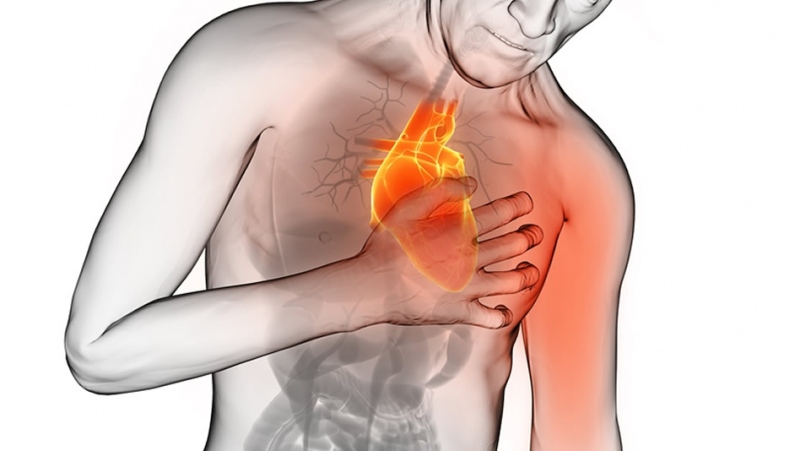
Professor Buzzacott’s research
Heart attacks and strokes are the second leading cause of death among divers. This is highlighted by a research published in the European Journal of Preventive Cardiology. The author of the study is Professor Peter Buzzacott, of the University of Western Australia. Divers go through a rigorous training process and undergo medical checks. But the certification lasts a lifetime. Overweight, hypertension and high cholesterol are values that may increase over time. If not constantly monitored they can turn into a very dangerous mix for the diver’s heart. About one third of the divers included in the study database are over 50 years old and many of them have risk factors that make them more vulnerable. In particular, about 54% are smokers and almost half are overweight. One third have abnormal cholesterol and blood pressure values.
According to Professor Buzzacott’s study, novice divers are at less risk because they have just undergone medical checks. The problems, in short, occur among historical divers, who have not taken care of health work.
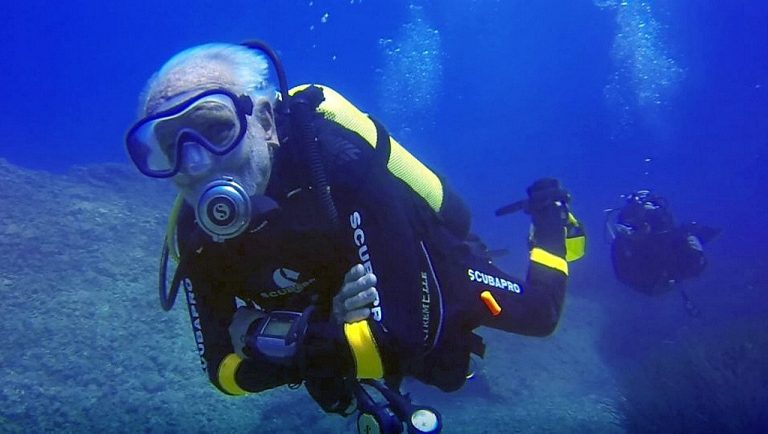
The experience of Professor Revelli
According to Luca Revelli, a professor at the Catholic University of Rome, divers who were trained in the 80s and 90s today have white hair. Many have not lost their passion for the abyss. Indeed, with the proliferation of teaching specialties, they tend to increase their performance more and more. All the traditional studies on the pathophysiology of diving have been done on young divers. The same decompression tables were drawn up on young people. From the age of fifty onwards, metabolism and physiological responses are different.
Professor Revelli concludes that with age, susceptibility to inflammation increases. That could trigger a whole range of cardiovascular damage mechanisms.
The conditions of the heart
Some heart diseases are inherited. Others, on the other hand, are predictable through a correct lifestyle. The risk factors deriving from a bad lifestyle can predispose healthy subjects, and without heredity, to risks such as heart attack or prolapse of the machine gun valve.
Unfortunately, the inheritance risk factor does not present the possibility of prevention. Except the correct lifestyle. Unfortunately, some individuals are simply predisposed to heart disease.
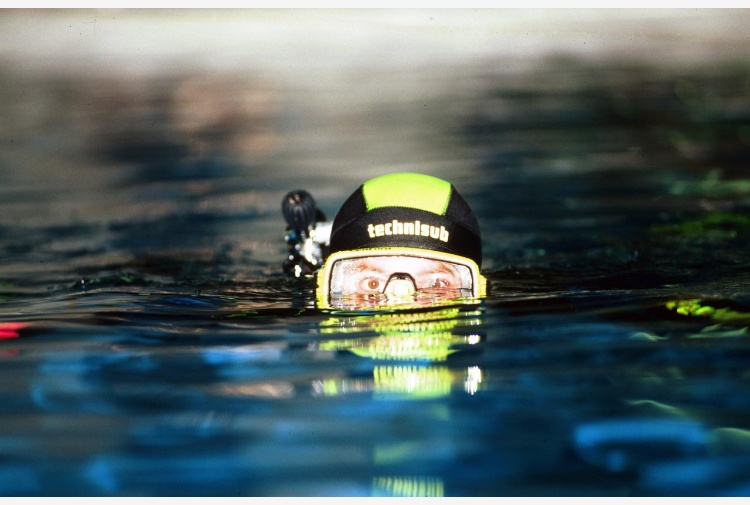
The importance of research
The high mortality rate due to heart disease, not only in the diving world, makes research activity very important. The rising need for cardiac research in the underwater field increases in the average age of divers.
The research will help those involved in diving medicine understand the correlations between the aging of the diving population and heart problems. With up-to-date research, doctors will be able to better heal the diver’s heart. And, above all, to prevent the onset of diseases that can cause death.

Ask DAN
DAN Europe, since 1983 assists divers in difficulty and conducts scientific research to make diving safer. Ask DAN is an awareness campaign that aims to encourage the diver to inform themselves. To always be aware and never underestimate anything.
DAN offers a number of tips on how to dive safely despite the date of birth on our identity card.
We know that aging can promote the onset of chronic diseases. It is therefore essential to always seek the advice of a diving doctor. In assessing our suitability, the doctor must also consider the typical limitations of advancing age. Like the reduction of physical prowess, strength and endurance. Such as the alteration of lung function or the reduction of resistance to cold. Or like skin vasoconstriction and the significant increase in urine excretion.
In evaluating our fitness, the evaluation of any hypertension, a possible increase in values such as cholesterol and glycaemia will then be crucial. Disorders that aging generally causes.
In conclusion
Passion for the sea does not age. And neither does the passion for diving. Indeed, wandering around the diving centers, I realize that there are more and more divers with white hair. And, although I don’t have the problem of white hair, I am also part of this group.
There are no contraindications as long as we do not forget that the years are inexorably increasing.
Therefore, the advice for all of us is to often undergo checks by specialized doctors. Get rid of the extra pounds, do a healthy and regular physical activity and keep blood pressure and cholesterol under control.
Jacques Cousteau, the father of scuba diving, dived for up to 90 years. The oldest diver in the world is 94. A few years ago, I met a lively 85-year-old man on a boat in the Medas Islands. He was ready for a dive. He was in great shape. Here, someone like this must be a model for all of us. If we want to continue diving peacefully for the rest of our life.
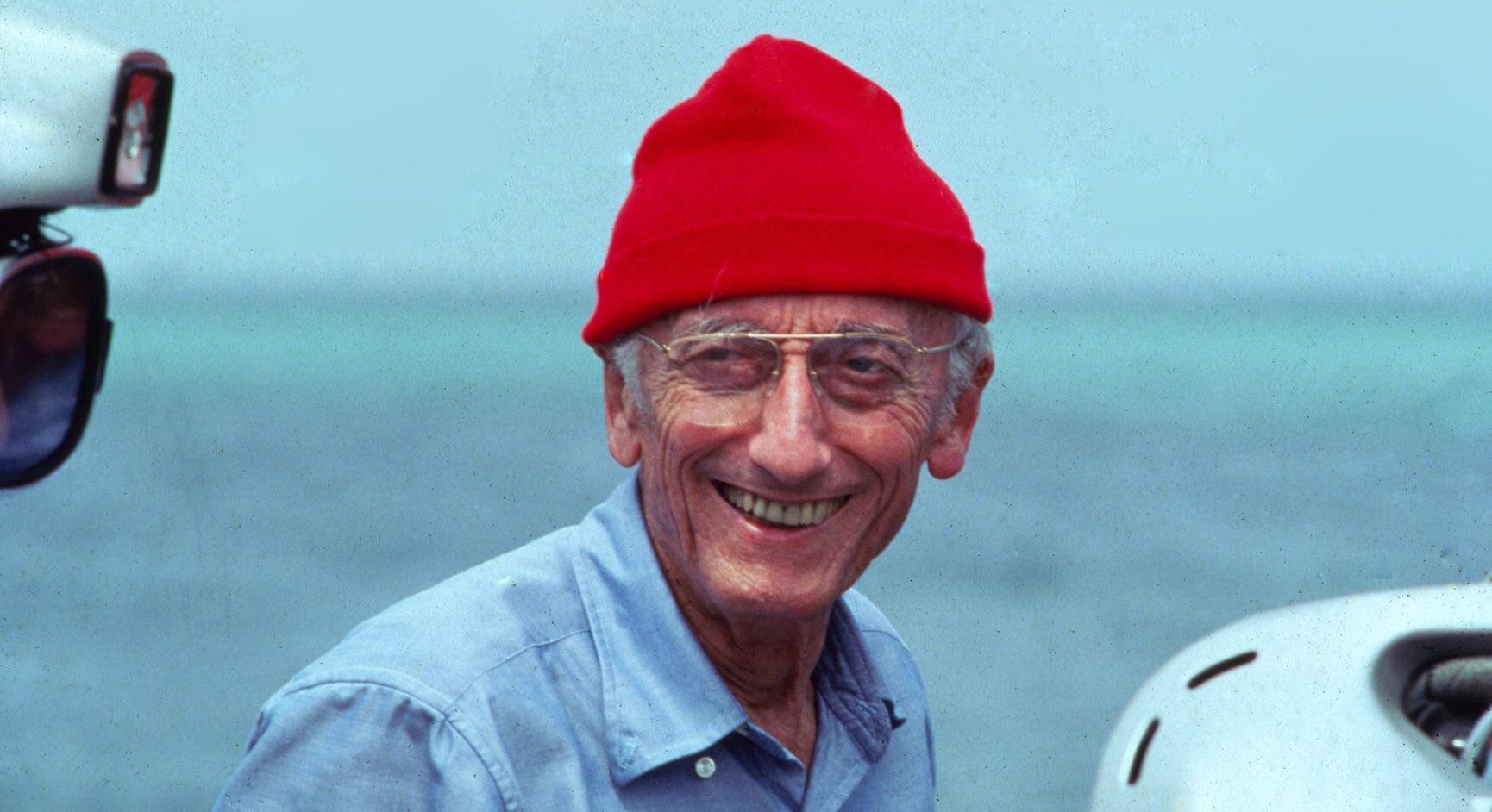
👌
You can tell your experiences or write your impressions in the comments


